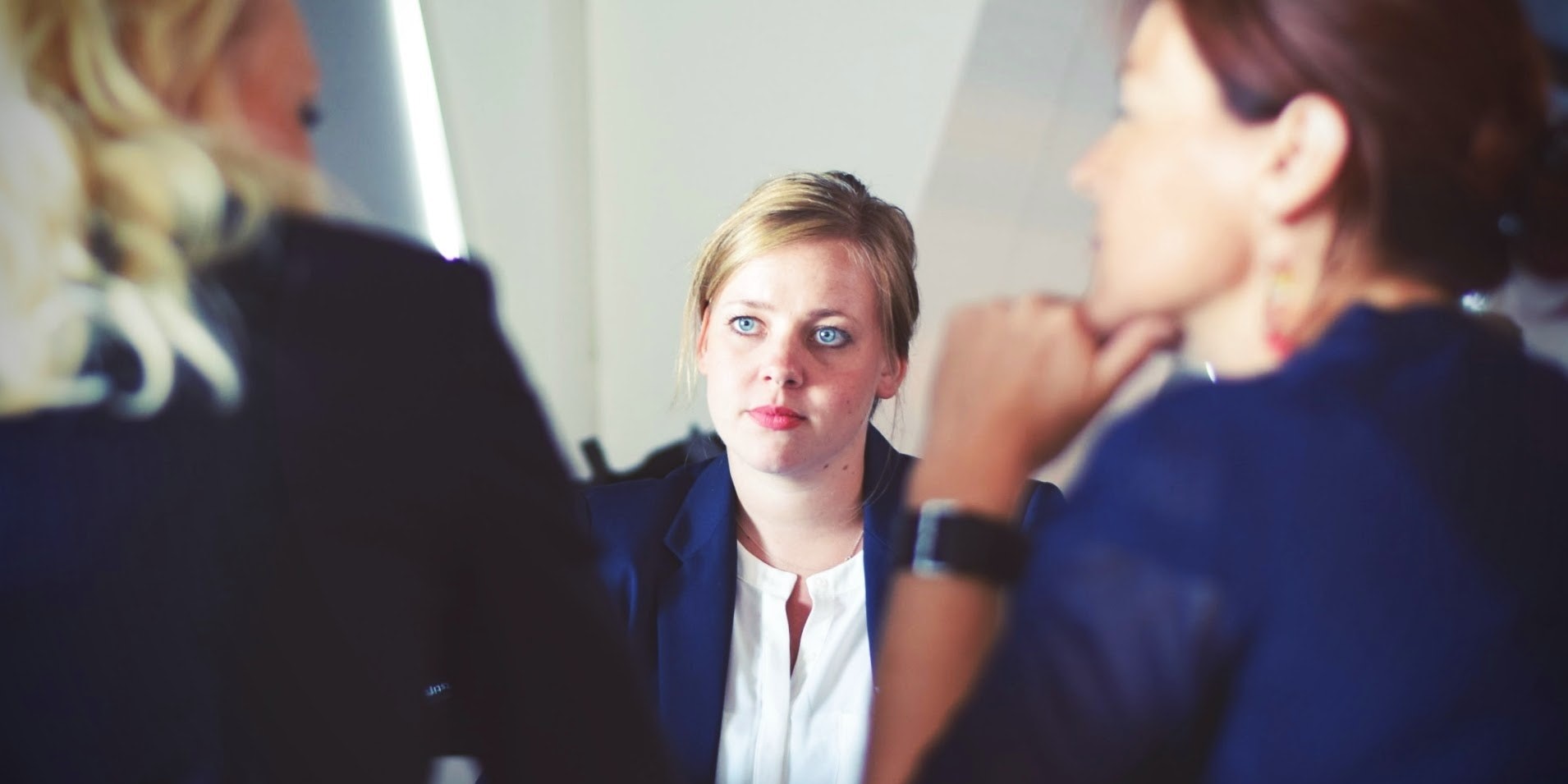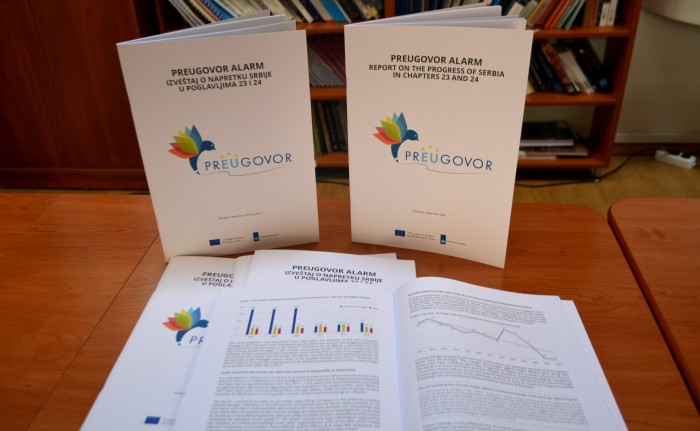The Autonomous Women’s Center, in accordance with its efforts to establish a more adequate institutional system for the protection of women and children victims of domestic violence, intimate partner and sexual violence, submitted the comments and draft amendments to the Draft Law on Free Legal Aid published in July 2018.
Autonomous Women’s Center believes that this Draft Law on Free Legal Aid contains provisions that are discriminatory not only towards concrete providers of free legal aid, but towards all lawyers who have been graduated from the law faculties in the Republic of Serbia. Namely, while it has been discussed for years whether citizens’ associations (NGOs) could be providers of free legal aid, it is forgotten that free legal aid is not provided by associations or institutions as such, but by an individual, a lawyer with or without a bar exam, employed in an association, a local government unit and other state bodies and organizations.
The next objection of Autonomous Women’s Center to the Draft Law concerns the determination of free legal aid in the narrow sense and its providers, with regard of sustainability of such system. Namely, the Working Group has determined that free legal aid in the narrow sense is to be provided only by attorneys. Autonomous Women’s Center, which for over 20 years have provided free legal aid to all women victims of domestic violence, intimate partner and sexual violence, as well as to children victims of domestic violence and sexual violence, finds it incredible that the Republic of Serbia is such a rich country that can afford to pay the most expensive providers of free legal aid services in the narrow sense, including the services of legal representation, giving free legal advice and drafting legal documents.
The main objection to the proposed solution of granting free legal aid in the Draft Law concerns the obligation of specially educated lawyers in local self-governments to assess whether it is a case in which free legal aid is not allowed, and particularly to assess whether it is related to paragraph 6, Articles 7 of the Draft Law:
6) the proceedings in which it is obvious that the free legal aid applicant has no prospect of success, particularly if the expectations of the applicant are not based on the facts, collected evidence or are in contradiction with the applicable regulations, public order and good customs;
Since free legal aid services are treated in the narrow sense as an inseparable entity, contrary to goal 2 Strategy for Free Legal Aid System Development in the Republic of Serbia, the lawyer approving the provision of free legal aid must assess all these circumstances both in the case of providing free legal advice and drafting legal documents.
Autonomous Women’s Center has come to the conclusion that members of the Working Group ignore the obligations that the Republic of Serbia has taken by ratifying international conventions, especially those in the area of protecting the rights of women and children from all forms of violence and discrimination.


